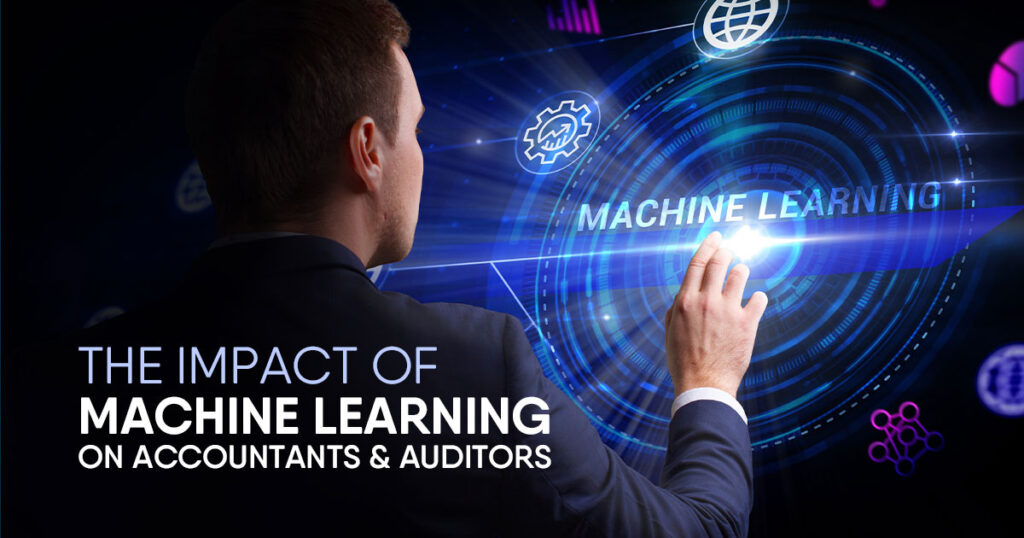Technology has been changing rapidly in today’s world, but the one sector that witnessed maximum transformation is finance. The technology of Machine Learning has made machines more able to handle various calculations in seconds. This not only adds convenience to human work but also brings more accuracy and efficiency.
Let us understand how Machine Learning impacts accountants and auditors:
Automation
The most evident effect of Machine Learning on accounting is the automation of complicated tasks. Now, you can train the algorithms to handle data, invoicing and various other tasks, free the accountants from mundane tasks. This makes the accountants free to focus on the important tasks that require human understanding and focus.
Enhanced Data Analysis
Machine Learning technology has made it easy for auditors to process a vast amount of data in no time. They can now analyse anomalies and patterns in large datasets that may need to be noticed in manual auditing methods. Auditors can also use predictive analytics to forecast financial trends. This can help organisations in making informed decisions.
Fraud Detection
Nowadays, advanced algorithms can help auditors identify fraud and manage risks. There can be many irregularities in financial transactions that can’t be accessed with manual auditing processes. However, machine learning has made it possible to do that. This helps organisations in preventing financial losses and fraud.
Continuous Monitoring
With machine learning, auditors can now monitor financial data, and automated systems can detect issues in real time. This promotes a culture of financial transparency and accountability in organisations.
Evolution of Roles
This development has introduced machine-generated insights in the environment of manual processes and evolved the whole process of auditing. This also promotes the culture of a hybrid skill set in which the auditors are required to implicate machine-generated data and include technological proficiency in their work.
Integration of Artificial Intelligence in Auditing
Artificial intelligence-powered tools can kickstart auditing with the help of advanced analytics, language processing, complex data interpretation and sentiment analysis. This can further enhance the quality and depth of financial insights derived from datasets.
The drastic impact of machine learning and artificial intelligence has made it convenient for auditors to smoothly handle their work and stay free from time-consuming traditional auditing practices. Auditors must adapt to this transformative wave and look forward to the future of accounting. This future holds a more promising and accurate approach to financial management.
Book your free demo with us for a better understanding.


